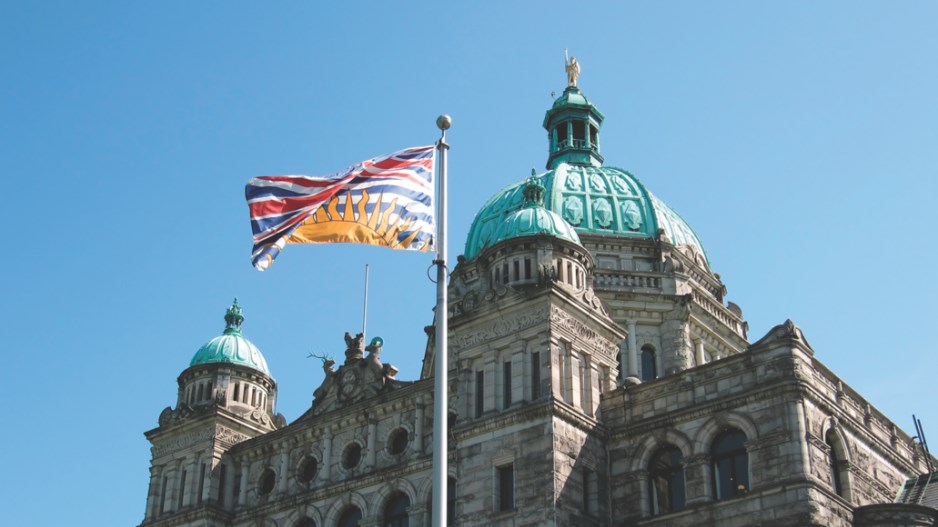What happened: The B.C. government introduced a new tax bracket in its 2020 budget.
Why it matters: The new tax bracket will triple provincial tax revenue collected on income above $220,000, though it represents a relatively small overall tax contribution to the budget.
The BC NDP government has created a new tax bracket for what it calls British Columbia’s top 1% of income earners.
Starting this year, taxable income above $220,000 will be subject to a new 20.5% personal income tax rate. Last year, income above that threshold was taxed at 16.8%.
“We have asked the top 1% to pay a little bit more, “ said B.C. Minister of Finance Carole James, adding that her government believes this cohort has benefitted from B.C.’s strong economy.
The new tax bracket, along with the effects of one-time tax adjustments in the previous fiscal year, are expected to push the province’s personal income tax revenue up by 6.8% in the 2020-21 fiscal year.
Nearly half the revenue from that additional tax bracket will come from people making more than $1 million annually, according to James.
“This will help to deliver the infrastructure and services that create good jobs and keep B.C.’s economy moving,” James said in her 2020 budget speech on Tuesday, February 18.
Under the new tax bracket, tax revenue collected on income above $222,000 is expected to jump 300% year-over-year, to $216 million in 2020-21 from $54 million in 2019-20.
Also new this fiscal year is the expansion of the provincial sales tax to sweetened carbonated beverages at a rate of 7%. Effective July 1, the tax is expected to contribute $27 million in revenue in the 2020-21 fiscal year. A tax of $0.295 per product will also be applied to products that heat tobacco, such as e-cigarettes.
These three new tax changes make a relatively small contribution to B.C.’s overall tax revenue, which is expected to climb each of the next three fiscal years.
The province is budgeting for tax revenues of $35.3 billion in 2020-21, up 3.8% from the previous fiscal year.
Within that, the province’s carbon tax is expected to generate 15.6% more revenue than it did last year, an increase of $264 million.
Revenue from property taxes is forecast to grow by 3.7% to just over $3 billion. Property transfer taxes are projected to generate nearly $1.6 billion in revenue, up 2.7%.
The province also expects to collect $755 million annually over the next three fiscal years from tobacco, up from an average $748 million in annual revenue across the three previous fiscal years.
Tax revenue overall is forecast to grow by an average annual rate of 7%, lifted by an average annual increase in corporate income revenues of 8.9%. That comes despite a projected 5.4% decrease in corporate income revenue this year – largely the result of a decrease in the settlement payments for prior years.
Tax revenue from B.C.’s resources sector is also forecast to drop by 7.6% this year, driven by decreases in revenue from forests, energy, minerals and bids and rents on drilling rights and leases.
One exception is revenue from natural gas royalties, expected to increase by 35% this year to $207 million.




